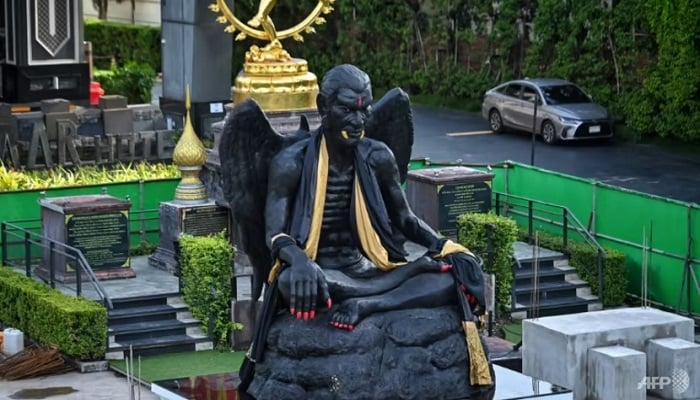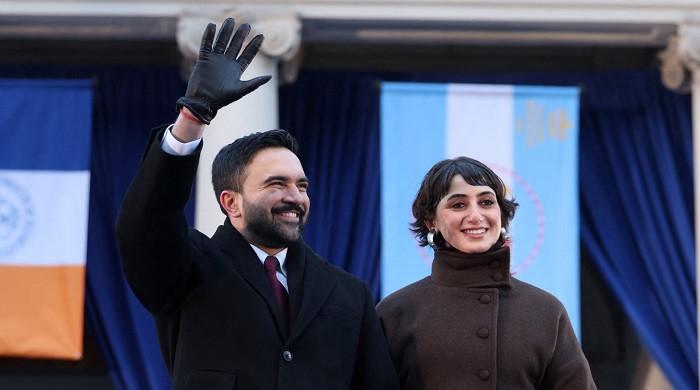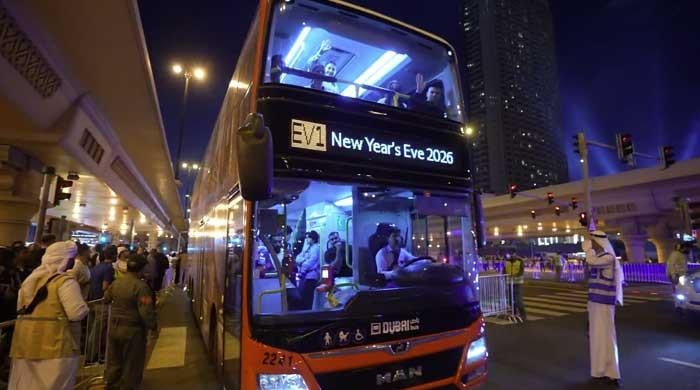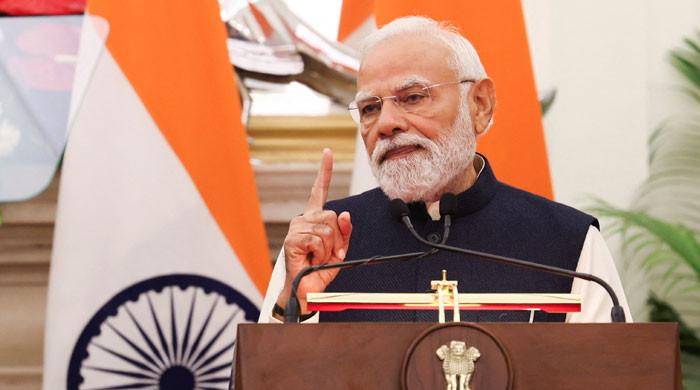Kru Kai Kaew: Reports of sacrifices to demon occult god's statue spook Bangkok city
Believers of Kru Kai Kaew, whose statue appeared in Bangkok from nowhere, reportedly sacrifice puppies and kittens to the demon diety
August 18, 2023

A towering ebony sculpture depicting a slender, winged entity adorned with glistening golden fangs and vivid crimson talons casts an intense gaze over a bustling street in Bangkok.
Its abrupt appearance has sparked concern and led to demands for its removal.
Authorities in Bangkok have initiated an inquiry following the installation of the imposing five-meter-tall statue known as Kru Kai Kaew.
This bald, cross-legged figure bears a resemblance to a gargoyle and was placed outside the prestigious Bazaar Hotel earlier this month.
As the capital of predominantly Buddhist Thailand, the city boasts an array of shrines dedicated to various spirits and deities, both grand and modest.
Devotees frequently offer prayers and gifts with the hope of receiving divine intervention and favourable fortune.
However, the recent addition of this enigmatic figure has ignited a heated debate. While some perceive it as a deity associated with wealth, others consider it to be incongruent with Buddhist beliefs, even sacrilegious.
Kru Kai Kaew believers reportedly sacrifice puppies and kittens to the diety.
The statue, unveiled on August 9 and formally inaugurated during a prayer ceremony on Sunday, August 13, has prompted calls for its relocation or removal.
"When you worship something, it has to come with Buddhist belief," said the Artists' Council for the Promotion of Buddhism of Thailand, which has asked the hotel to remove the statue.
"They can't even answer what is the statue - you can't just establish something random and worship it. It's not in the Buddhist scriptures."
According to a report by The Nation, a local newspaper, a conservative faction alleged that worshippers were intending to perform "unusual" ceremonies at the statue of Kru Kai Kaew, including the prospect of animal sacrifices.
The Bazaar Hotel has disavowed any involvement in erecting the statue, informing AFP that a third party had leased the land and taken charge of the installation.
However, not all individuals are deterred by the intense and malevolent stare emanating from the statue's penetrating crimson eyes.
Napapat Kanyabandit, a 40-year-old vendor specialising in smoothies, adamantly maintained that Kru Kai Kaew had brought her favourable outcomes and good luck.
"I came to worship here because Kru Kai Kaew is very sacred. As I am speaking I have goosebumps," she told AFP after making an offering on Friday.
"I asked for my business to be successful and it came through."
Crafted by a factory located in Nakhon Pathom to the west of Bangkok, the statue gained momentary internet fame when it became wedged under a bridge en route to the city.
Several individuals assert having experienced lottery victories subsequent to making their offerings at the statue, although even devoted worshippers expressed doubts and reservations.
"About the people who won the lottery, we will have to see in the long term if they actually win every time," spa worker Noppamas Artuyeun, 26, told AFP.
The origins of Kru Kai Kaew are somewhat unclear, Buddhism expert Sinchai Chaojaroenrat told AFP.
"The statue is a folklore belief. Some people think it's a shaman, some people believe it's a teacher of an ex-king in Khmer (Cambodia)," Sinchai said.
Bangkok's governor, Chadchart Sittipunt, issued a directive for a thorough examination of the statue.
Given that the statue is situated on the hotel's privately-owned property, the options available to the authorities are limited.
Nevertheless, a municipal representative informed AFP that they had proposed the idea that the hotel "could consider placing some form of covering over the statue to avoid alarming the public."
Though uncertainties surround the statue's purported ability for divine intercession, there is one clear beneficiary of its emergence.
"Our business wasn't doing well until the renter decided to put the statue up," Bazaar Hotel representative Charlie Noppawong Na Ayuddhaya told AFP.
"Since then, our bookings have increased to 90 per cent capacity until the end of this year."









